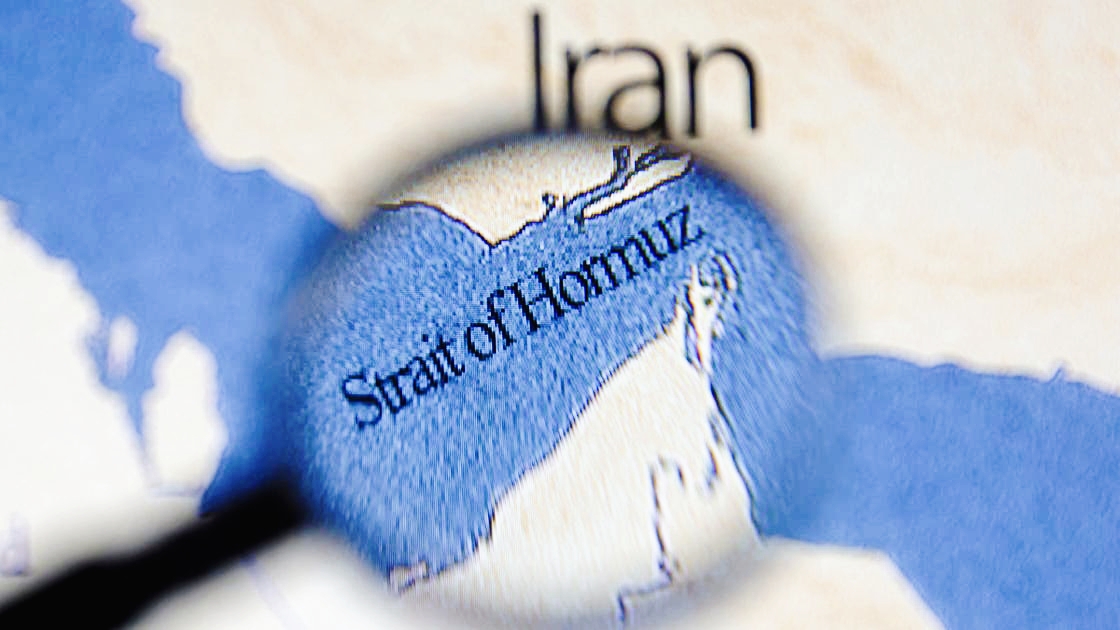US Secretary of State Mike Pompeo has urged China to play an active role in deterring Iran from closing the Strait of Hormuz, one of the world's most important waterways for oil trade.
This comes after US airstrikes targeted three Iranian nuclear sites early yesterday, Sunday, sparking escalating tensions in the region.
Pompeo said in an interview with Fox News: "I encourage the Chinese government to communicate with Tehran on this matter, as China heavily relies on the Strait of Hormuz for its oil imports".
China is the largest importer of Iranian oil and maintains friendly relations with Tehran.
On the other hand, the Iranian parliament supported a decision to close the Strait of Hormuz, but the final decision is linked to the Iranian National Security Council, amid threats from Tehran to use all options to defend its sovereignty.
The Strait of Hormuz is a vital passage through which about 20 million barrels of oil pass daily, equivalent to 20% of global consumption.
Reports warn of oil prices rising to over $100 per barrel if the strait remains closed for a long period, with some banks like Goldman Sachs and J.P. Morgan considering the closure of the strait a significant escalation, and analysts believe the US would consider this action a declaration of war.
Pompeo said: "Closing the Strait of Hormuz would be economic suicide for Iran, as it relies on exporting its oil through the strait, yet the step would harm other economies much more".
The US Fifth Fleet is based in Bahrain, tasked with protecting maritime trade in the Arabian Gulf, and many analysts believe it is capable of preventing any attempt to close the strait, despite warnings that the market underestimates the risks of continued closure.
Advisor to the Iranian Supreme Leader, Ali Akbar Velayati, indicated that Iranian forces consider the nuclear sites targeted by the US legitimate targets, while China, Russia, and several Arab countries condemned the US strikes as a dangerous escalation of tension in the Middle East.
Similarly, the closure of the Strait of Hormuz is considered a major threat to the global economy, especially since Iranian oil exports are a key part of the Iranian economy, with most of it going to China, which heavily relies on its oil imports from the Arabian Gulf.

